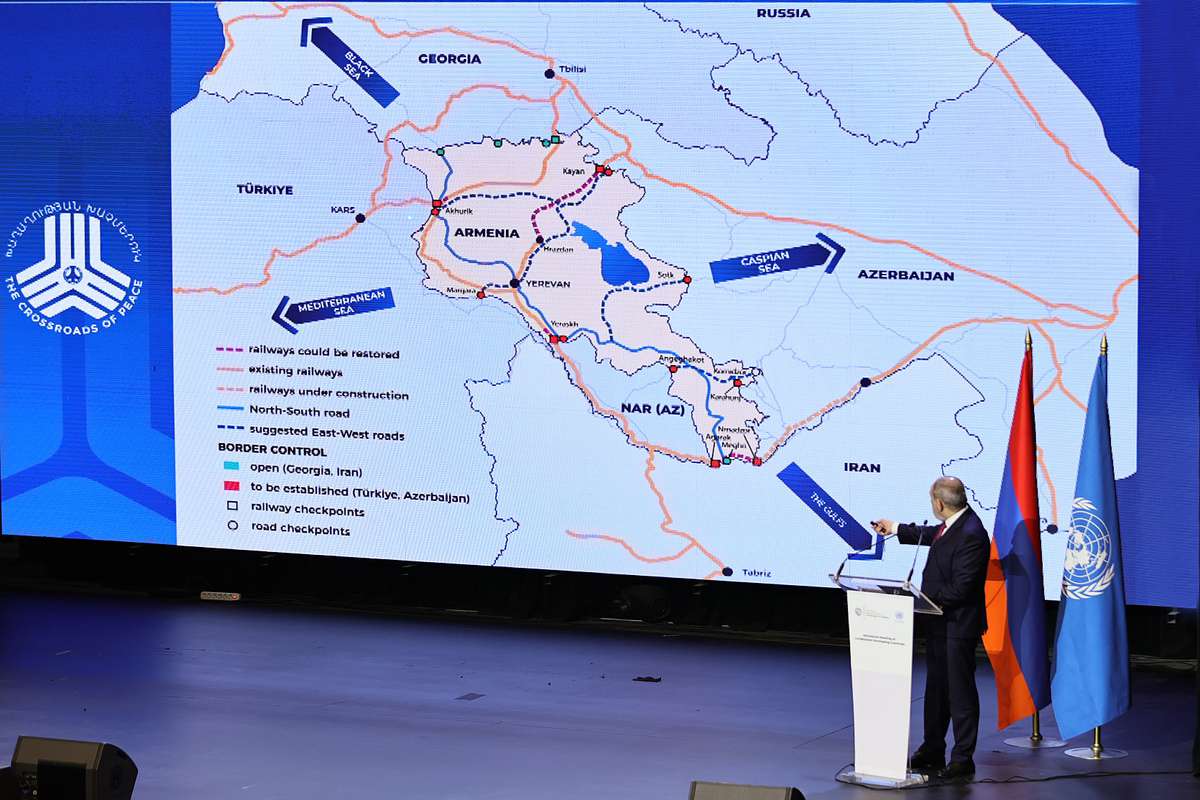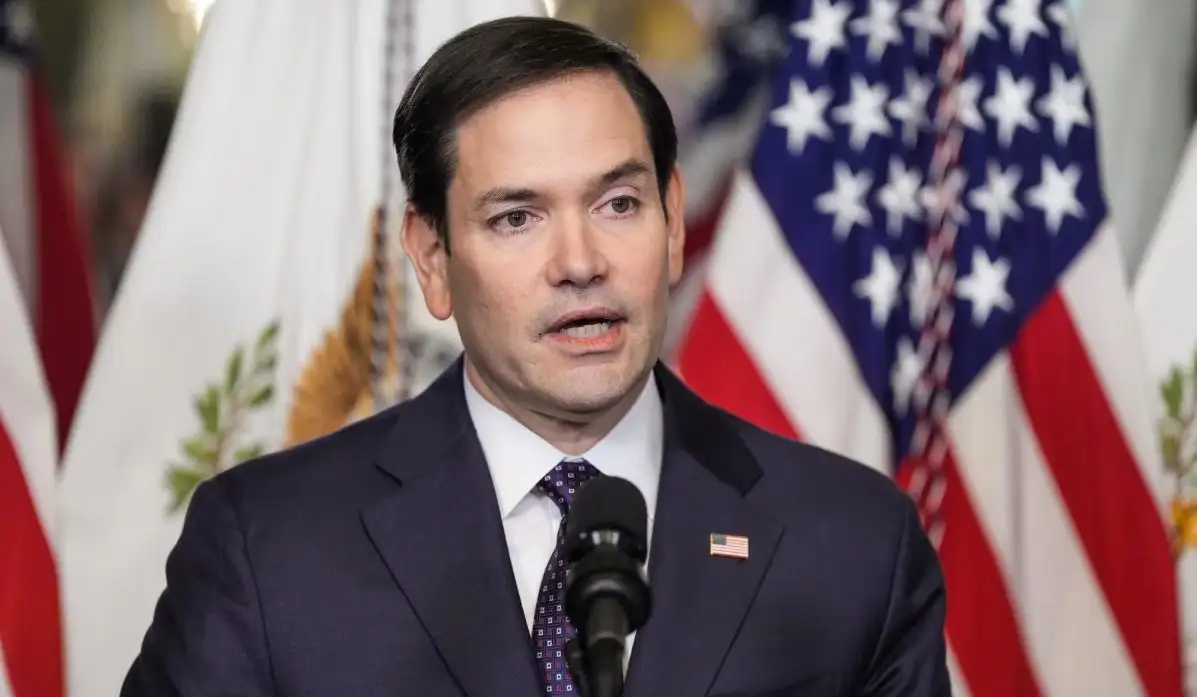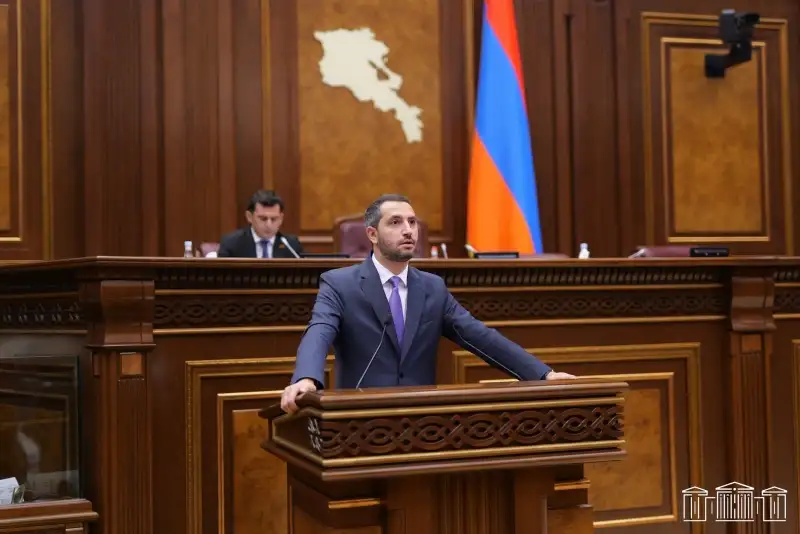The authoritative American newspaper Axios writes that Trump described today's meeting as a "historic peace summit", presenting himself as the world's leading peacemaker.
According to the newspaper, the agreement to be signed under the US mediation is designed to ensure peace, but also has a significant economic component. Armenia has agreed to allow the construction of a 43.5-kilometer corridor through its territory, which will be developed by the US and will be called the "Trump Corridor for International Peace and Prosperity." It will connect most of Azerbaijan with a "small Azerbaijani enclave" on the Turkish border.
"Interestingly, the corridor will allow people and goods to move between Turkey and Azerbaijan and beyond to Central Asia, without passing through Iran or Russia. This is currently not possible, since the Armenian-Azerbaijani border is closed," the newspaper writes.
The publication notes that Iran is categorically against the project, Russia has also criticized it, while Turkey is in favor.
"By unblocking this issue, the Americans will benefit from billions of dollars in new trade annually. Russia, Iran, and China are losing influence in the part of the world that they considered their domain," the newspaper notes.
Axios emphasizes in its publication that during negotiations with the United States, Armenia has abandoned its long-standing opposition to the corridor.
"The Trump administration's involvement in the conflict began in March, when White House special envoy Steve Witkoff arrived in Baku from Moscow on a surprise visit.
The American official said that Witkoff made the trip at the request of the Qatari government, which prompted him to try to make a deal.
After the trip, Witkoff assigned Aria Lightstone, a special civil servant on his team, to lead the diplomatic efforts. Lightstone has made five trips to the region to negotiate with the parties.
Lightstone was a top aide to then-Ambassador to Israel David Friedman on the "Trump 1.0" program and is close to Trump's son-in-law, Jared Kushner.
How it happened: The Trump administration pitched the idea to Armenian Prime Minister Nikol Pashinyan that by agreeing to allow the United States to develop the transit corridor, he would gain a friend in Washington and a powerful buffer against any future Azerbaijani incursion," the newspaper writes.




















